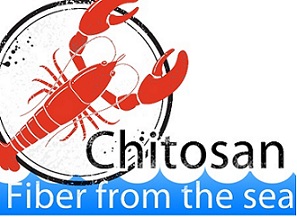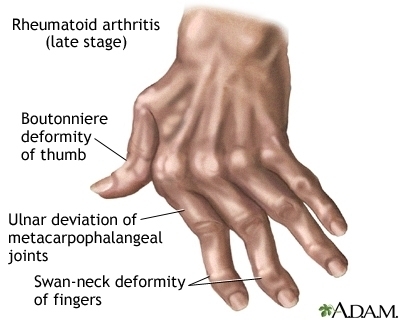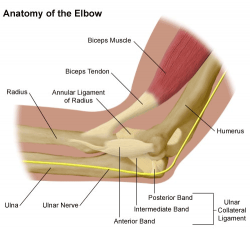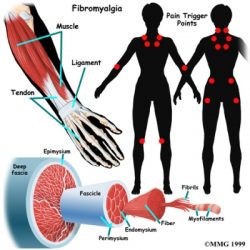Is Chitosan a good fat blocker?
Chitosan is a natural nutritional fiber which is made from the shell of shrimps. Chitosan has unique properties which makes it the effective fat blocker. Chitosan can bind dietary fat and cholesterol. By binding with cholesterol, Chitosan can reduce the re-absorption of cholesterol into our bodies therefore stopping fat from being stored in our bodies.
Numerous claims have emerged noting chitosan as one of the most successful fat burners. Chitosan is said to be capable of absorbing fat and preventing it from getting into your body. But, how effective is Chitosan at blocking fat?
It is important to note that whether chitosan is safe or effective as diet aid remains controversial even up to these days. There have been a lot of claims regarding the benefits of chitosan. Many people have said that chitosan does work, but these claims are contradicted by few studies. Some thorough clinical studies on humans have shown that chitosan does not work, making the question about Chitosans effectiveness very debatable.
Chitosan claims as a fat blocker
So which Chitosan research that support and contradict these claims? Firstly, one of the most commonly cited Chitosan research by the makers and distributors of chitosan-based products is the 1994 ARS Medicina Report. In this study, it was found out that test subjects lost 8% of body fat and reduced cholesterol by 32% in four weeks. Secondly, there are various Chitosan research which revealed that the substance lowers plasma cholesterol and triglycerides and improved the HDL cholesterol level.
Assessing at these pieces of evidence, one might be adequately persuaded that chitosans claims are indeed true. However, when taking the designs of the Chitosan research into consideration, the evidence appears in a much different light. The 1994 ARS Medicina Report and others that support it appear to be slackly designed. Experts have noted that only uncontrolled and anecdotal evidence seem to be the only available evidence in research that ha been carried out so far.
In addition, most of the cholesterol lowering evidences reported in other resources is obtained in another noteworthy fashion. Most of the Chitosan research were carried out on mice, canines and guinea pigs.
Not much Chitosan Research done yet
Unfortunately, only one well-designed study on chitosan, involving humans as subject, has been published. That study was conducted in 1999 by the European Journal of Clinical Nutrition, showing that chitosan supplement were no better than a placebo in reducing body . 34 over subjects were actually involved in this study. They were assigned to either a treatment group which received 4 capsules of chitosan twice daily for 28 days, or to a placebo group which received a placebo under the same regimen. After days of treatment, the results revealed no significant difference between two groups on any of the body mass index, serum cholesterol, triglycerides, Vitamins A, D, E or beta-carotene levels. Based on these results, loss experts concluded that chitosan does not work.
Although further Chitosan research were conducted, they all have shown that chitosan did not block fat. Also of concern is a finding during some of the Chitosan research is the finding that that chitosan block out some vitamins and minerals.
The results of there various Chitosan research cast doubt on the effectiveness of Chitosan as a fat blocker. There is still a lack of well-designed and hard evidences that could support the effectiveness of chitosan.











This is very up-to-date info. I think I’ll share it on Digg.
Chitosan seemed to be really popular a few years back, but has seemed to have lost its buzz. In my opinion any product that doesn’t stand the test of time can’t be that great. That means that the majority of people taking it didn’t see great results off of it.